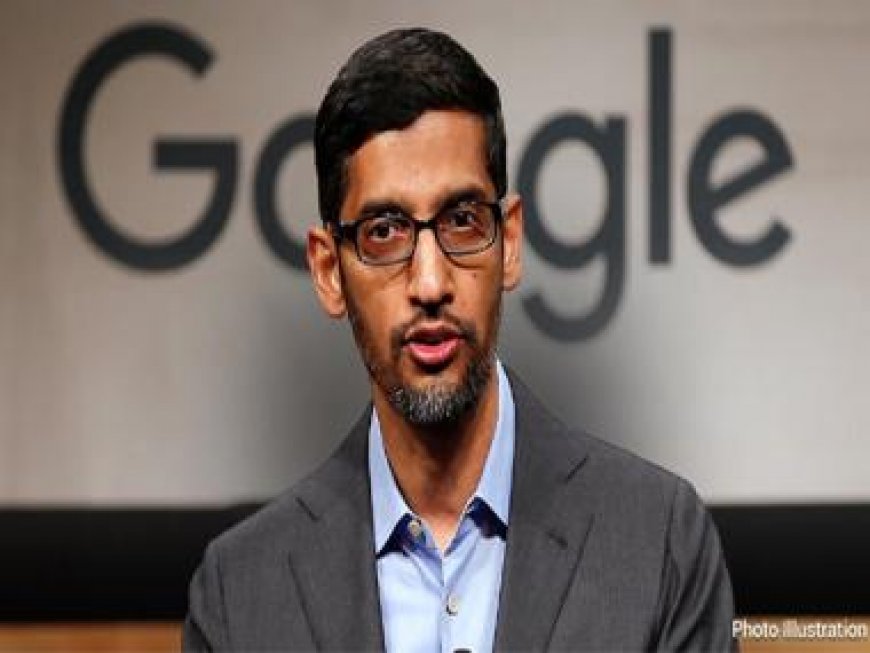‘Deal with Apple doesn’t look good’: Sundar Pichai warned Google's founders before assuming CEO role
‘Deal with Apple doesn’t look good’: Sundar Pichai warned Google's founders before assuming CEO role

Emails written by Sundar Pichai in 2007, years before he became Google’s CEO, have come to light in the Justice Department’s ongoing antitrust case against Alphabet Inc.’s Google.
The emails reveal concerns about Google’s agreement with Apple Inc. to be the default search engine on the Safari web browser. At the time, Pichai was in charge of Google’s Chrome browser.
In these emails, Pichai expressed unease about the optics and user experience of Google being the sole search engine provider without offering users a choice. He wrote, “I know we are insisting on default, but at the same time I think we should encourage them to have Yahoo as a choice in the pull-down or some other easy option.”
The Justice Department and state attorneys general have alleged that Google paid Apple and smartphone manufacturers, including Samsung, substantial sums in revenue-sharing agreements to prevent rival search engines from gaining users.
These deals involve Google paying a percentage of the revenue generated from search-based advertising in exchange for becoming the default search tool on browsers and smartphones.
The Justice Department asserts that Google pays over $10 billion annually for these contracts, although the exact figures remain confidential. Google, however, denies that these agreements stifle competition, contending that users can easily switch to alternative search engines if they wish.
Joan Braddi, Google’s vice president for product partnerships and the primary negotiator of the Apple agreement, was one of the executives copied on Pichai’s emails.
She testified in the case, and prosecutor Adam Severt questioned her about the emails, asking whether the benefits of Google search justified the cost of supporting Apple, its chief competitor in mobile operating system software.
Braddi responded that Google had never examined the situation in that manner. She also clarified that the agreement between Google and Apple imposed no restrictions on how Apple could use the money. Braddi expressed confidence that Apple had used the payments to enhance its iOS product, which competes with Google’s Android operating system.
The original agreement between Google and Apple to make Google the default search engine on the Mac’s Safari browser was established in 2002 with no financial exchange. However, in 2005, the companies amended the agreement to include a revenue-sharing component. The deal was later extended to the iPhone in 2007 and the iPad in 2010.
Over the years, Apple proposed amendments in 2007, 2009, and 2012 that would have given them more flexibility in selecting the default search engine. In 2014, the two companies signed another amendment that permitted Apple to use alternative search engines in certain countries. Currently, Safari employs non-Google search engines in Russia, China, and South Korea.
Braddi revealed that the 2014 amendment took 17 months to negotiate, as it encompassed aspects related to intellectual property and mapping services.
At the time, Google was concerned that Apple might redirect queries to other companies like Amazon or Yelp, in exchange for a greater share of revenue from those companies, rather than sending searches to Google.
This led to the inclusion of a clause requiring Apple to use the search engine in a “substantially similar” manner to its previous usage, which was intended to protect against such a scenario and was not aimed at limiting Apple’s own services.
What's Your Reaction?


























































